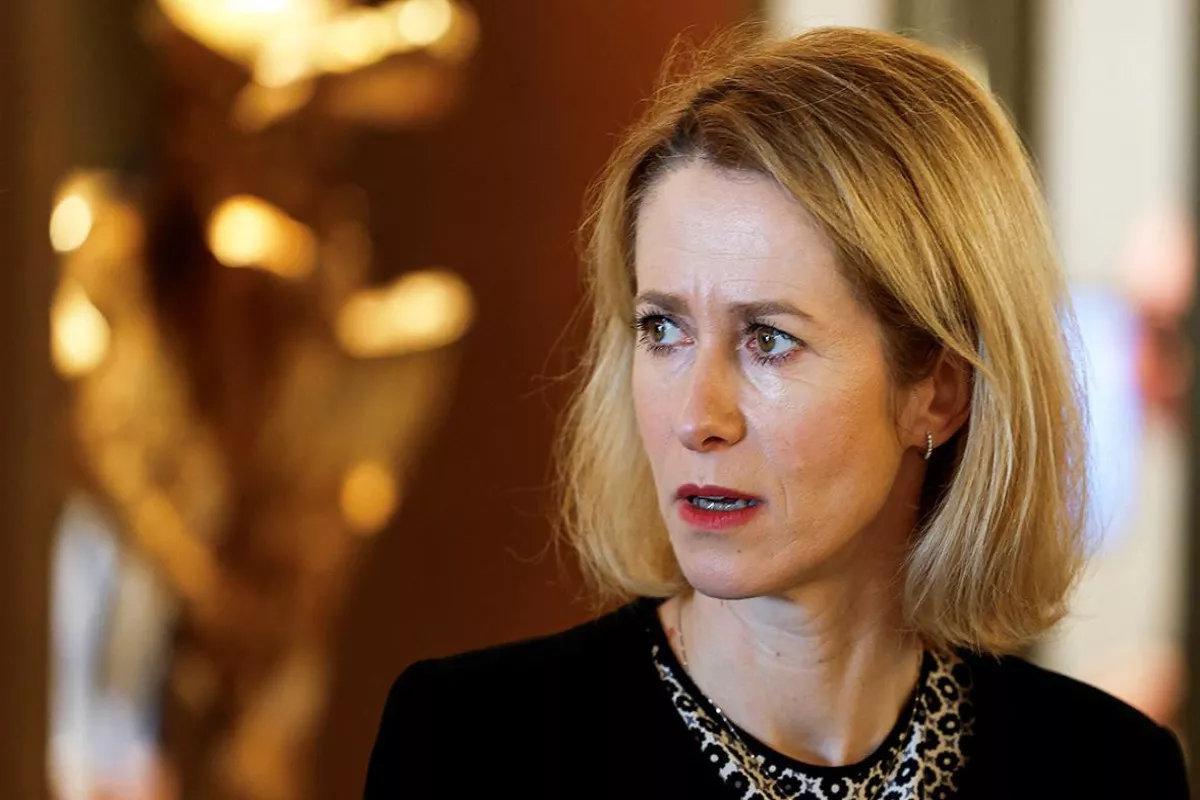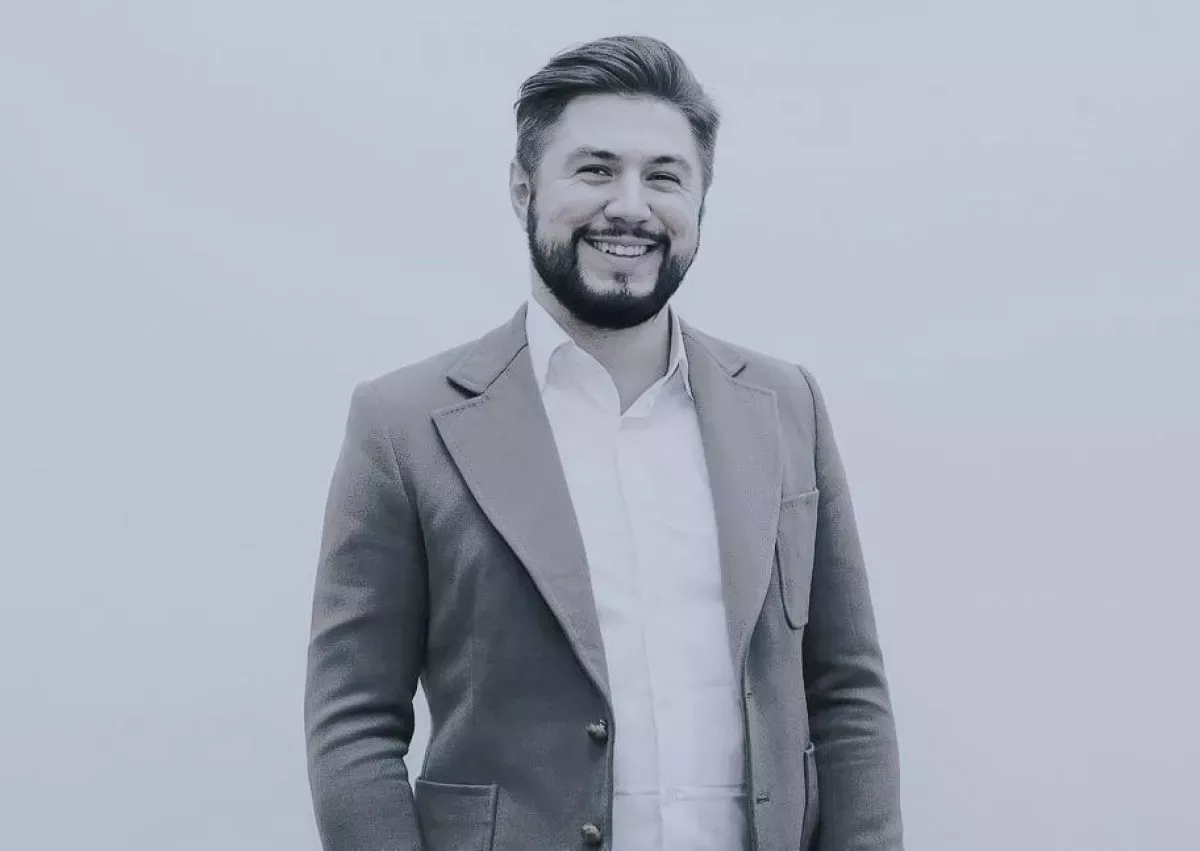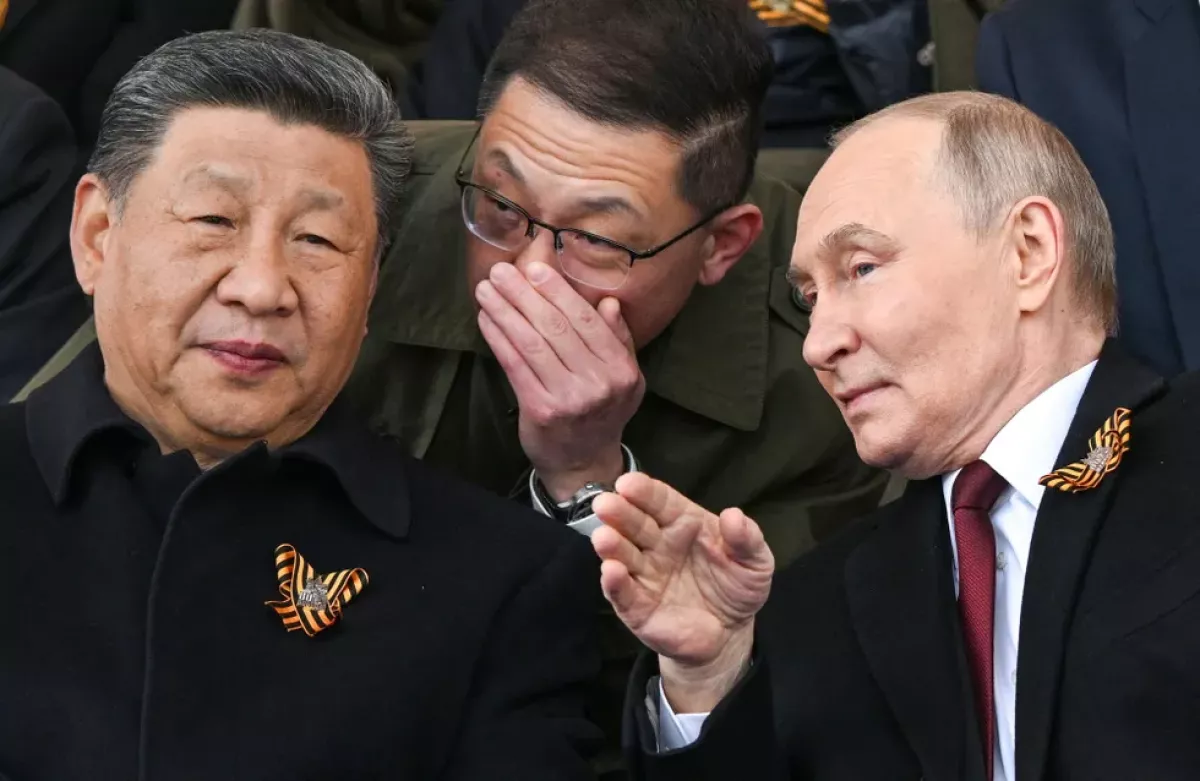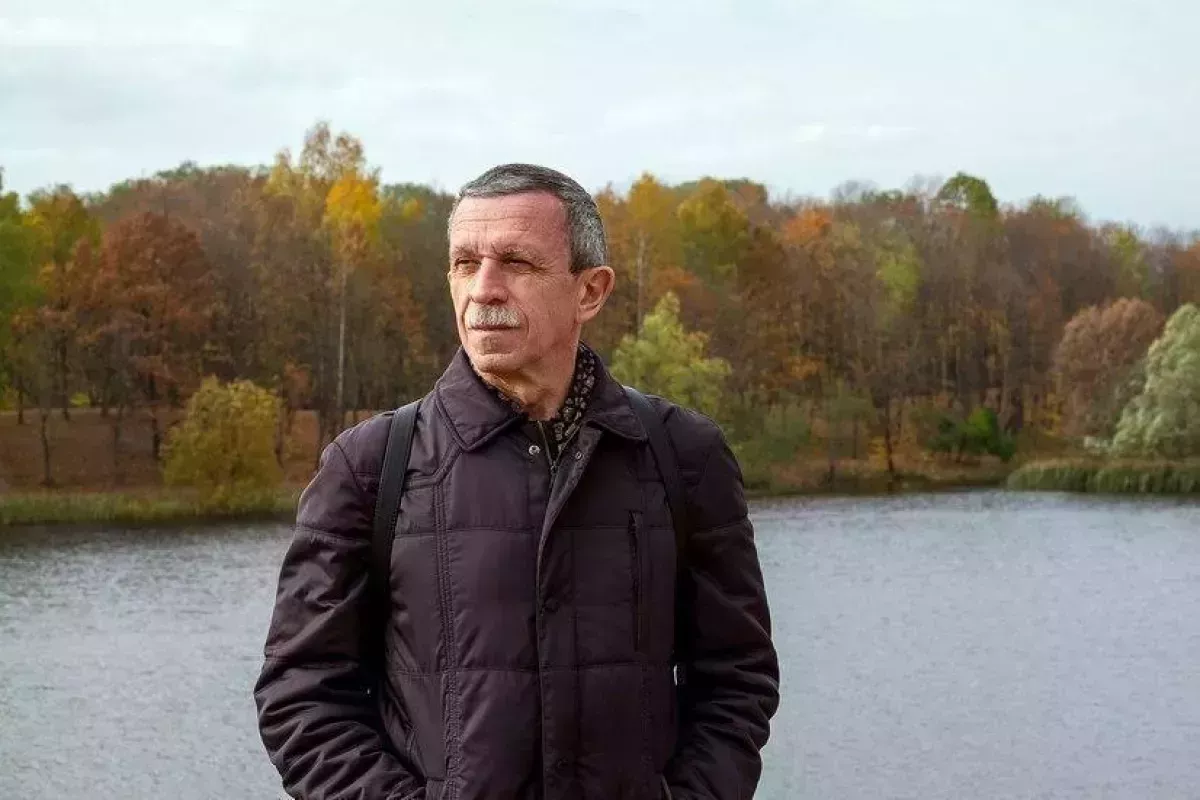Pashinyan under the Kremlin’s heel Has Yerevan abandoned the West?
Armenian Prime Minister Nikol Pashinyan has once again found himself at the centre of a geopolitical scandal. His attendance at the Victory Day Parade in Moscow has sparked renewed debate over a possible shift in Yerevan’s foreign policy direction. In the Armenian capital—and in several Western capitals—there is only one question being asked: What did this visit mean? Has Pashinyan made a final choice in favour of Moscow, abandoning the path toward European integration? Or is this yet another of his trademark manoeuvres aimed at pleasing both sides?
It is worth recalling that Brussels had issued a clear and early warning to all countries aspiring to EU membership: participation in the parade on Red Square could carry the most serious consequences.

Specifically, EU foreign policy chief Kaja Kallas publicly warned the governments of such countries against demonstrative participation in events featuring Russian military symbolism.
In response, Armenian Parliament Speaker Alen Simonyan stated that May 9 is “also our victory.” This remark effectively marked Yerevan’s political choice between the hammer of Moscow and the anvil of Brussels. But does this signify the complete capitulation of Armenia’s foreign policy strategy? Has Pashinyan once again switched allegiances, or was his trip to Moscow merely a temporary gesture that does not negate Armenia’s European integration ambitions? What consequences might Yerevan face from the EU for such behaviour? These and other questions were posed by a Caliber.Az correspondent to experts from Russia and Belarus.

Belarusian political analyst, PhD in Political Science and economist, Sergey Tomits, believes that Pashinyan’s visit was no accident, but rather a carefully calculated decision to return under Moscow’s geopolitical umbrella.
“Pashinyan was fully aware that Brussels would not approve of his trip to Moscow, and he clearly understood the underlying message of the May 9 celebrations in the Russian capital. The fact is, Yerevan may indeed face serious problems with the EU — but these will be political rather than economic in nature.
If we look at the list of politicians who attended the parade in Moscow, it’s clear they are mostly individuals who either have little to lose in their relations with the EU, or can afford to act independently. Take, for example, the Chinese leader — no one will openly criticise his visit to Moscow, and it won’t have any real impact on the course of EU-China cooperation.

Quite simply, China doesn’t care how the EU views its participation — it is self-sufficient and not at all afraid of ending up on the EU’s blacklist. Moreover, such cooperation is far more in the EU’s interest than in China’s.
But Pashinyan belongs to neither category of guests who travelled to Moscow. He is entirely dependent and could suffer serious consequences.
From this, we can conclude that Pashinyan fully understood the risks he was taking and nevertheless chose to once again bend to the Kremlin’s will. He is also aware of the repercussions his actions will have — both in Yerevan and in Brussels. He will face backlash from both sides: from Armenian supporters of European integration and from European politicians alike.
Now, with any attempt to draw closer to the EU, Pashinyan will be met in Europe with harsh criticism, where they’ll point out that the Armenian prime minister ‘came to support a dictator’ and ‘a war against Ukraine’. This is very much in line with European political culture — they won’t forgive Pashinyan for such manoeuvres.
So now Pashinyan will have little choice but to accept many of Moscow’s proposals and keep his mouth shut — there’s no alternative,” Tomits concluded.

According to Russian political analyst and publicist Kirill Sitnikov, Pashinyan’s visit marked a new cycle of submission — from now on, Yerevan will have to look over its shoulder toward Moscow more frequently.
“Armenia is currently highly interested in maintaining its trade relations with Russia and does not want to lose that priority. Because it has drawn the relevant conclusion. Europe, on the other hand, has already done everything it could: it armed Armenia, inflated its ambitions, made all sorts of grand promises — but that’s where it ended.
There are clear limits to the EU’s cooperation with Armenia — limits it cannot, and now no longer wants to, cross. Simply put, the flow of resources and opportunities from Europe to Yerevan is drying up — a development many experts had long predicted. Russian politicians, for their part, have openly warned Yerevan that Armenia’s geopolitical position gives it no real chance of aligning with the EU. All these flirtations were merely temporary provocations aimed at irritating Moscow.
No one in the EU is seriously interested in Armenia. That’s the fundamental miscalculation made in Yerevan, where they believe the opposite — that Armenia’s political weight is so significant and vital that all it takes is a little extra effort, a bit of flattery, and betraying their former patron wholesale to end up with a winning hand. That’s a very big and very foolish delusion,” Sitnikov concluded.








